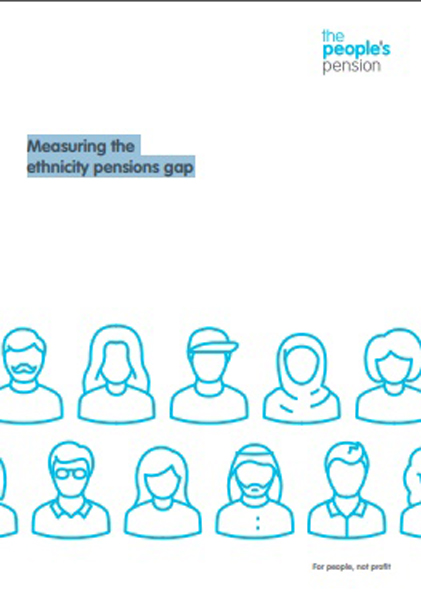Enlisting Employees In Improving Payroll-Tax Compliance: Evidence From Mexico
By Todd Kumler, Eric Verhoogen, Judith A. Frías A growing body of research suggests that difficulties in collecting taxes are an important constraint on economic performance in developing countries. Evidence from rich countries points to third- party reporting — in particular, employer reports of employees' wages — as a potential remedy. To what extent does the accuracy of third-party reporting carry over to developing countries, with their weaker enforcement regimes? In this paper, we compare two sources of wage information...










